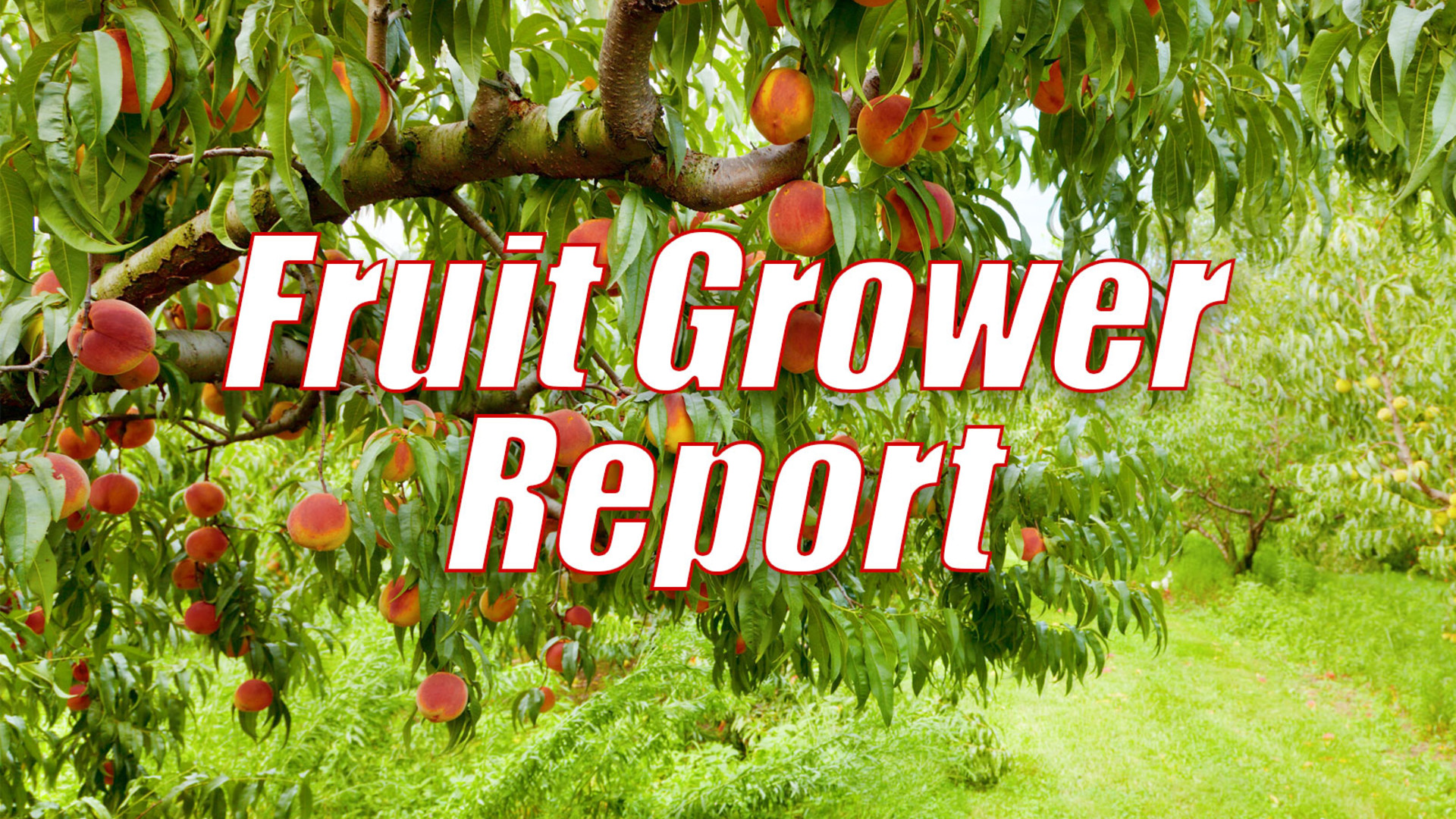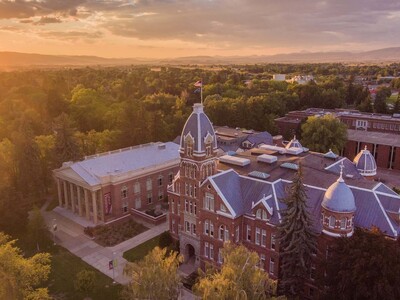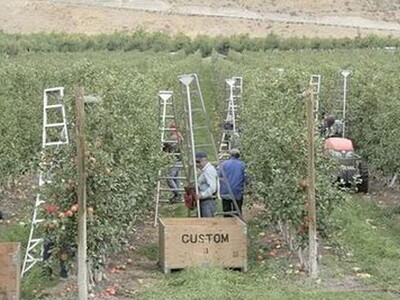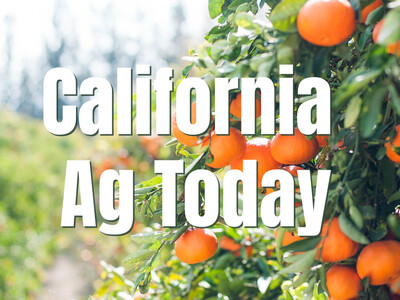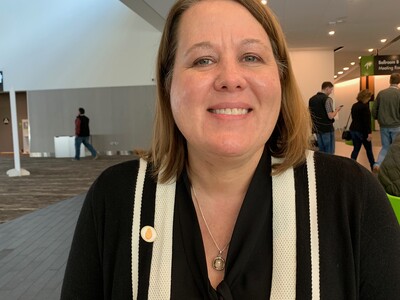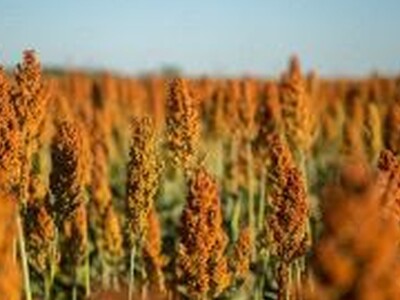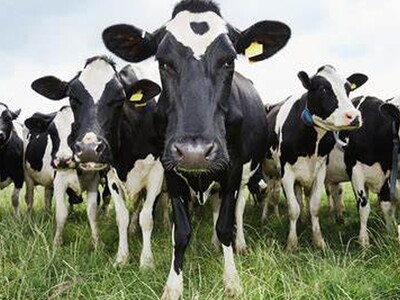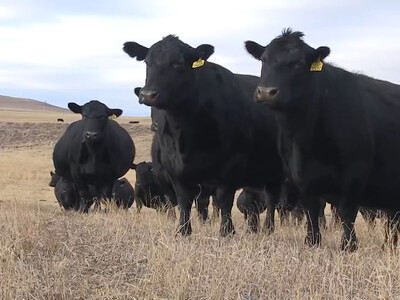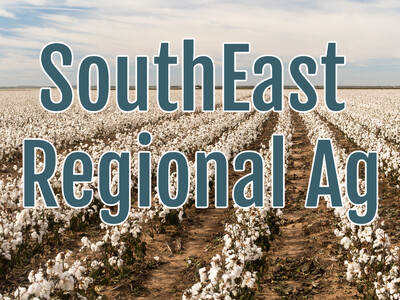Organic Blueberry Study Pt 3
With today's Fruit Grower Report, I'm Bob Larson. We've been telling you that organic blueberry growers can now get similar yields and returns as conventional growers thanks to a 10-year study at Oregon State University.Professor Bernadine Strik say the first of three keys they found was planting in raised beds ...
STRIK ... "We showed that our cumulative yield over the 10-years was 22% higher on raised beds. So, even though you can't use mechanical weed control options on raised beds, that increased yield and return far outweighs anything else in terms planting methods. So, that was a key nugget for growers."
Stik says second was using a weed mat mulch instead of sawdust which was the industry standard at the time ...
STRIK ... "And what we found after 10-years is that our weed management costs were so much lower when we use weed mat with either the same yield or increased yield using weed mat. And so, that had a huge impact."
Strik says that impact was seen significantly in expenses ...
STRIK ... "When we use weed mat in the row our weed control costs were $6,500 per acre. That's total for the study from 2006 through 2014. And that number includes materials, labor, installation."
Strik says using sawdust resulted in costs double that, and more if combined with compost three times the weed mat costs because it encouraged weed growth.
Third is adjusting the nitrogen rate in fertilizers with many cultivars doing fine with lower nitrogen rates, cutting costs of organic fertilizers which can cost 10 to 20 times more than conventional.
BL: Welcome back to "Fruit Bites" brought to you by Valent U.S.A. With us once again is Valent's Allison Walston and this week, we're talking 'organic'! So, Allison, is organic farming the sustainable future of agriculture?
AW: Maybe not. A new German study proposes that organic farming is NOT as sustainable as once thought. Organic farming averages lower yields than conventional & to maintain the current level of food production, converting organic to large-scale would require more land.
BL: What about local versus global for organics?
AW: Locally organic farming has a great fit because middle to upper class areas can afford the extra price. Organic farming and produce might not be the best option for developing countries.
BL: So, what is the future of farming?
AW: The future is using a smart combination of both practices. Check out the study link on the Washivore Facebook page.
https://allianceforscience.cornell.edu/blog/2018/04/new-study-challenges-beliefs-organic-ag/
BL: Thanks Allison. Join us next time for another Fruit Bites, brought to you by Valent. Until then, I'm Bob Larson.


